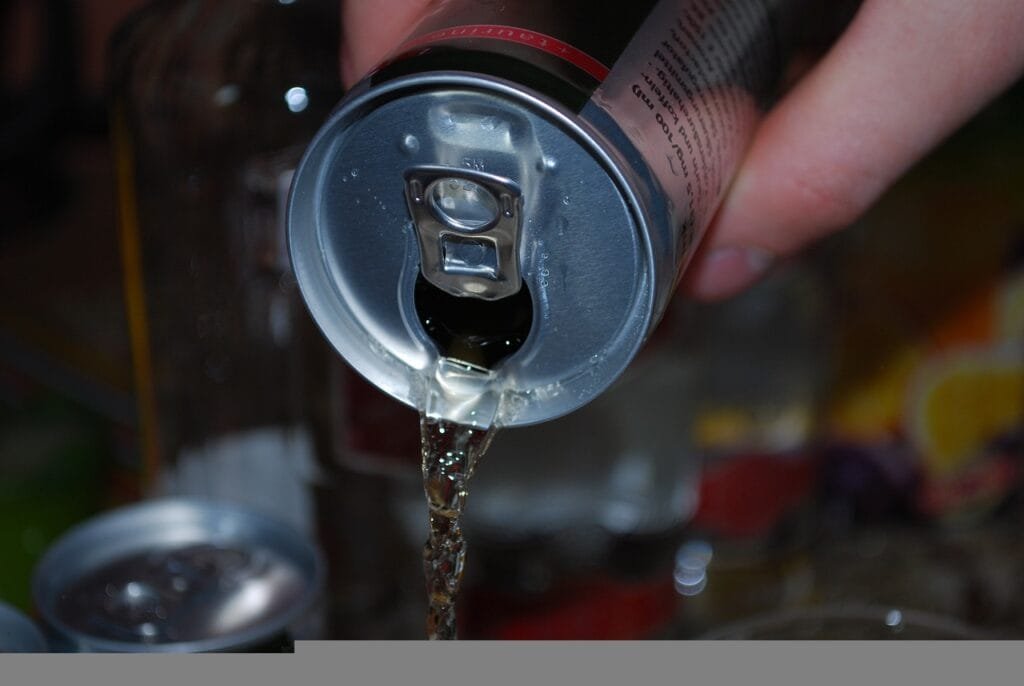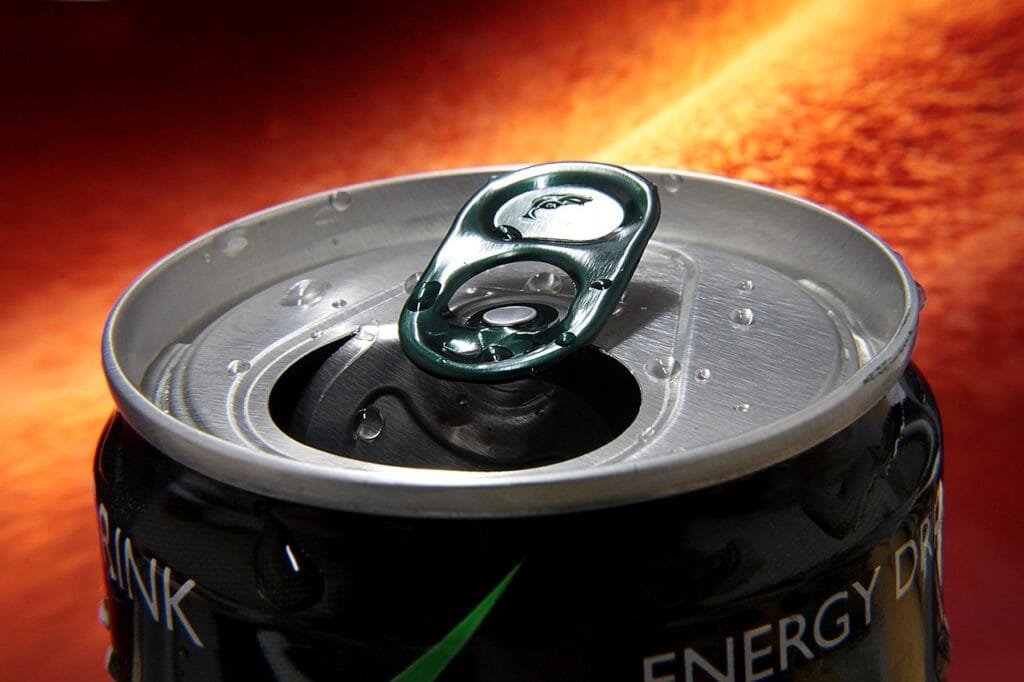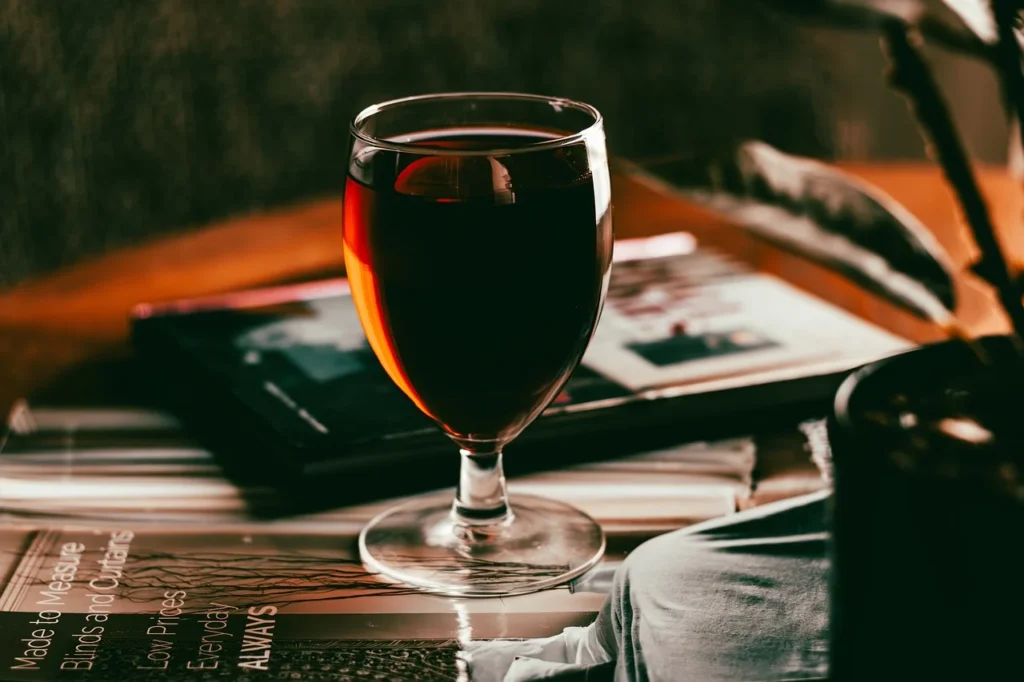Introduction

Many people think any liquid will do, but in fact, some of these drinks contribute to dehydration instead of fighting it. This happens because such drinks contain substances acting as diuretics; thus, they draw water out of the body or inhibit water absorption. Knowing which drinks tend to dehydrate and how they are made is very important for hydration levels. In this paper, typical dehydrating drinks and their types, as well as the method of their making, are taken into account.
1. Alcoholic beverages
Types: beer, wine, spirits—for instance, vodka, gin, and whiskey.
Production Process: Alcoholic beverages are produced through fermentation, which is the process in which yeast converts sugars into alcohol. The alcoholic beverage will differ depending on whether it came from grains or grapes and whether it was fermented with a specific method. Distillation of alcohol concentrations is used for spirits.
Why They Cause Dehydration: Alcohol functions as a strong diuretic that forces the kidneys to remove more water than normal from the blood, hence increasing the amounts of urine. This leads to the loss of essential fluids and electrolytes in the body, which may result in dehydration if taken in significant amounts or without adequate fluid replenishment in between.
2. Caffeinated Drinks Examples:
Coffee, black tea, green tea, energy drinks
Formation Process Coffee and tea are formed through the extraction of caffeine and other active ingredients from either coffee beans or tea leaves through steeping. Energy drinks are formed through blending water with caffeine, sugar, flavorings, and, in some cases, other stimulants or supplements, including guarana or taurine.
Why They Cause Dehydration: Caffeine is also a diuretic that goes ads the kidneys to flush out more sodium and water. Again, this effect varies depending on a person’s tolerance to caffeine, but high dosages—typically over 300 mg—presumably pose the risk of dehydration. While moderate levels of intake of caffeine—one to two cups of coffee—probably do not cause problems, heavy consumption without balancing hydration is quite fast to dehydrate.
3. Sugary Sodas and Soft Drinks
Species: Cola, lemon-lime sodas, root beer, and flavored carbonated drinks
Preparation Process: Sugary soft drinks are manufactured by dissolving sugar or high-fructose corn syrup in carbonated water with additives of artificial or natural flavors and colorings. They may also contain traces of caffeine.
Why They Cause Dehydration: The high sugar content in sodas can suck water into the digestive system, and thus overall hydration levels of the body are decreased. Further, drinking beverages with a high sugar content makes the body draw more water to metabolize the sugar, at times causing a mild dehydrating effect. Moreover, sodas containing caffeine will add that effect of the diuretic action of caffeine over the sugary impact.
4. Energy Drink Types:
Red Bull, Monster, Rockstar, and many more brands that contain a higher concentration of caffeine and sugar.
Preparation Process: Energy drinks are prepared by combining water with caffeine, sugar, artificial flavors, and more stimulants such as guarana and taurine. These are formulated to provide instant energy to the body that works over the central nervous system.
Why They Cause Dehydration: Energy drinks are like soft drinks, high in both caffeine and sugar, so doubly dehydrating. The sheer amount of caffeine increases the urge to urinate, while the sugar increases the need for water in digestion and absorption. And in a synergy of multiple stimulants, the dehydration effect is amplified, especially when overindulged.
5. Fruit juices and sweetened drinks

Examples: apple juice, orange juice, fruit punches, lemonade
In general, the formation of juices occurs through the extraction of liquid from fruits, which can then be concentrated, filtered, and pasteurized to maintain a better shelf life. Added sugars in most commercial juices and flavored drinks include sucrose or high-fructose corn syrup.
Why They Cause Dehydration: Though fruit juices are liquid, the high sugar levels in them cause dehydration by osmosis. The sugars draw water out of cells in the digestive tract to dilute the concentration of sugar. Water is consequently left in less of a state within the body. Also, concentrated juices that do not even contain the fiber of whole fruit do not provide any of the natural balance of fruit, thus causing more dehydration than hydration.
6. Sports Drink Types:
Gatorade, Powerade, other electrolyte-enhanced drinks
Preparation Process: Sports drinks are manufactured by mixing water with electrolytes, such as sodium and potassium, sugar, and flavorings. They are sold to replace lost fluids and electrolytes the body experiences due to its highly exhausting undertakings.
Why They Cause Dehydration: Sports drinks can be beneficial during intense exercise, but when taken excessively or used beyond intense activity, they will lead to mild dehydration due to their sugar content. Just like juices, the sugars added in the sports drinks attract water in the intestines, which may lead to a dehydrating effect.
7. Flavored Alcoholic Beverages (Alcopops) Types:
Hard seltzers, flavored malt beverages, pre-mixed cocktails
Formation Process: These beverages are formed by infusing distilled spirits or brewed malt beverages with fruit flavors, sweeteners, and carbonated water. They often contain higher sugar levels than standard alcoholic beverages.
Why They Cause Dehydration: Flavored alcoholic drinks combine the dehydrating effects of alcohol with those of added sugars, making them particularly dehydrating. The alcohol will increase the production of urine, and sugars draw water into the digestive system, accelerating the loss of fluids.
Managing Dehydration from Drinks
Drink water between alcoholic beverages. Alternating alcoholic drinks with water helps counteract the diuretic effect of alcohol.
Limitation of sugary and caffeinated beverages: Limiting sugary sodas, energy drinks, and caffeinated beverages decreases the chances of becoming dehydrated.
Hydration with Healthy Choices: Use healthy hydration alternatives such as plain water, herbal teas, or diluted natural fruit juices without added sugars.
Conclusion

While certainly some drinks are a part of important social events or daily rituals, overindulgence quickly leads to dehydration. The more one knows about dehydrating drinks and the effects they can have on one’s body, the better equipped one will be to make healthy hydration choices that counterbalance these drinks.



